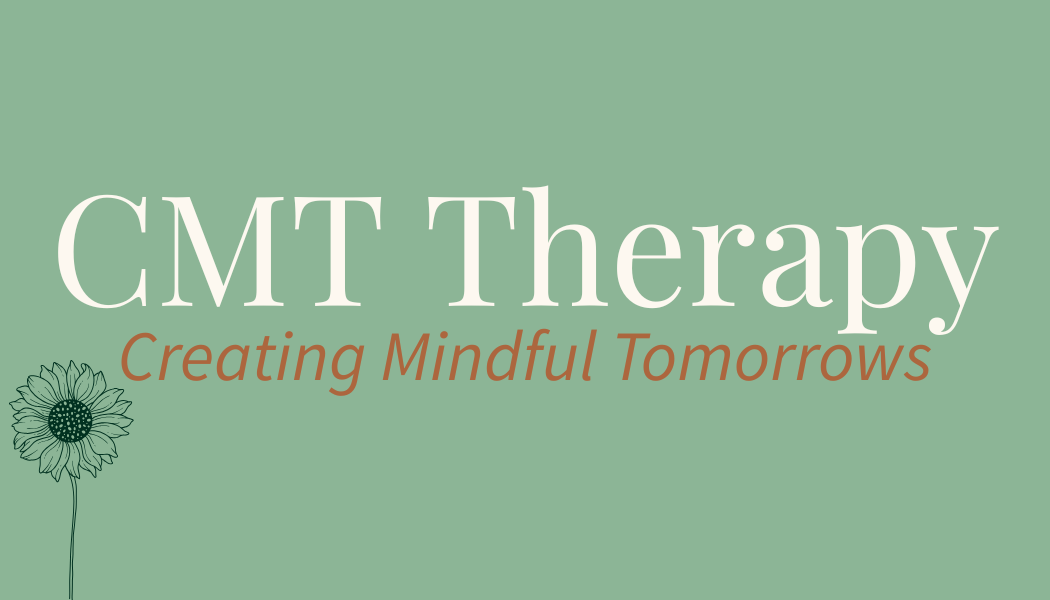Eye Movement Desensitization and Reprocessing Therapy
What I love most about EMDR is that while the therapist has an important role to play, your brain and body is doing all of its own healing. It’s such an amazing and empowering experience to be part of!
What is EMDR?
Eye Movement Desensitization and Reprocessing (EMDR) is a therapy that helps people heal from the emotional pain of traumatic or distressing experiences. Unlike traditional talk therapy, EMDR focuses on the brain’s natural ability to process and recover from memories that feel “stuck.” Through guided eye movements or other forms of bilateral stimulation, EMDR helps you safely revisit difficult memories, reframe negative beliefs, and move toward lasting emotional healing.
What to Expect During EMDR Treatment
History and Treatment Planning
We'll start by discussing your background and identifying the experiences that may be contributing to your current challenges. Together, we’ll create a personalized treatment plan that matches your goals for therapy.Preparation
I’ll explain the EMDR process in detail, answer any questions you have, and teach you grounding techniques to help you feel safe and in control during and outside of sessions.Assessment
We’ll identify specific memories to target and explore the thoughts, emotions, and physical sensations connected to them.Desensitization
Using bilateral stimulation (such as guided eye movements, tapping, or sounds), we will help your brain process the distressing memory. The emotional charge associated with the memory typically becomes less intense and easier to manage.Installation
We’ll focus on strengthening positive beliefs about yourself, replacing old negative thoughts tied to the memory.Body Scan
You’ll check in with your body to notice and release any remaining tension related to the memory.Closure
Each session ends with time to return to a state of calm and stability. I’ll also provide strategies you can use between sessions to maintain a sense of balance.Re-evaluation
At the start of each session, we’ll review your progress, check how you’re feeling, and decide on the next steps together

